Canada may not flaunt its flag on every product, but the country has quietly produced some of the world’s most innovative and high-quality consumer items. From food to tech to everyday essentials, Canadians have crafted products that outperform their global counterparts without the noise or flash. Here are 20 such Canadian-born creations that not only fly under the radar internationally but also offer better quality and value.
McCain Foods Frozen French Fries
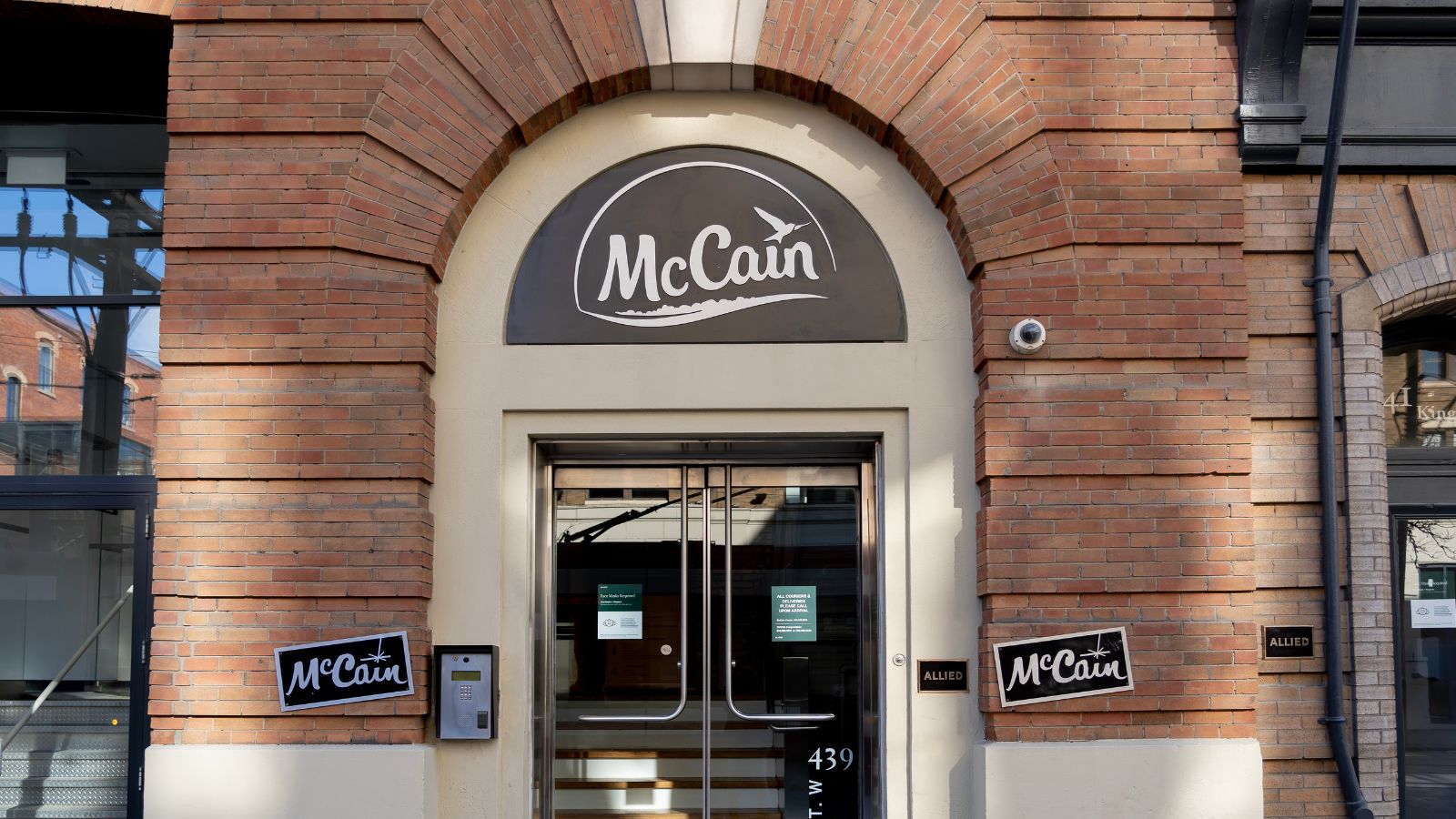
McCain Foods, founded in Florenceville, New Brunswick, is the global leader in frozen French fries, yet few know it’s a Canadian company. Available in over 160 countries, McCain products have quietly dominated grocery freezer aisles for decades. Their fries are prized for consistent quality, flavour, and texture that rivals freshly cut varieties. Additionally, what sets McCain apart is its vertical integration with potato farmers, which ensures control over crop quality and sustainable practices. Many major fast food chains worldwide, including some McDonald’s locations, rely on McCain for their fries.
Instant Pot
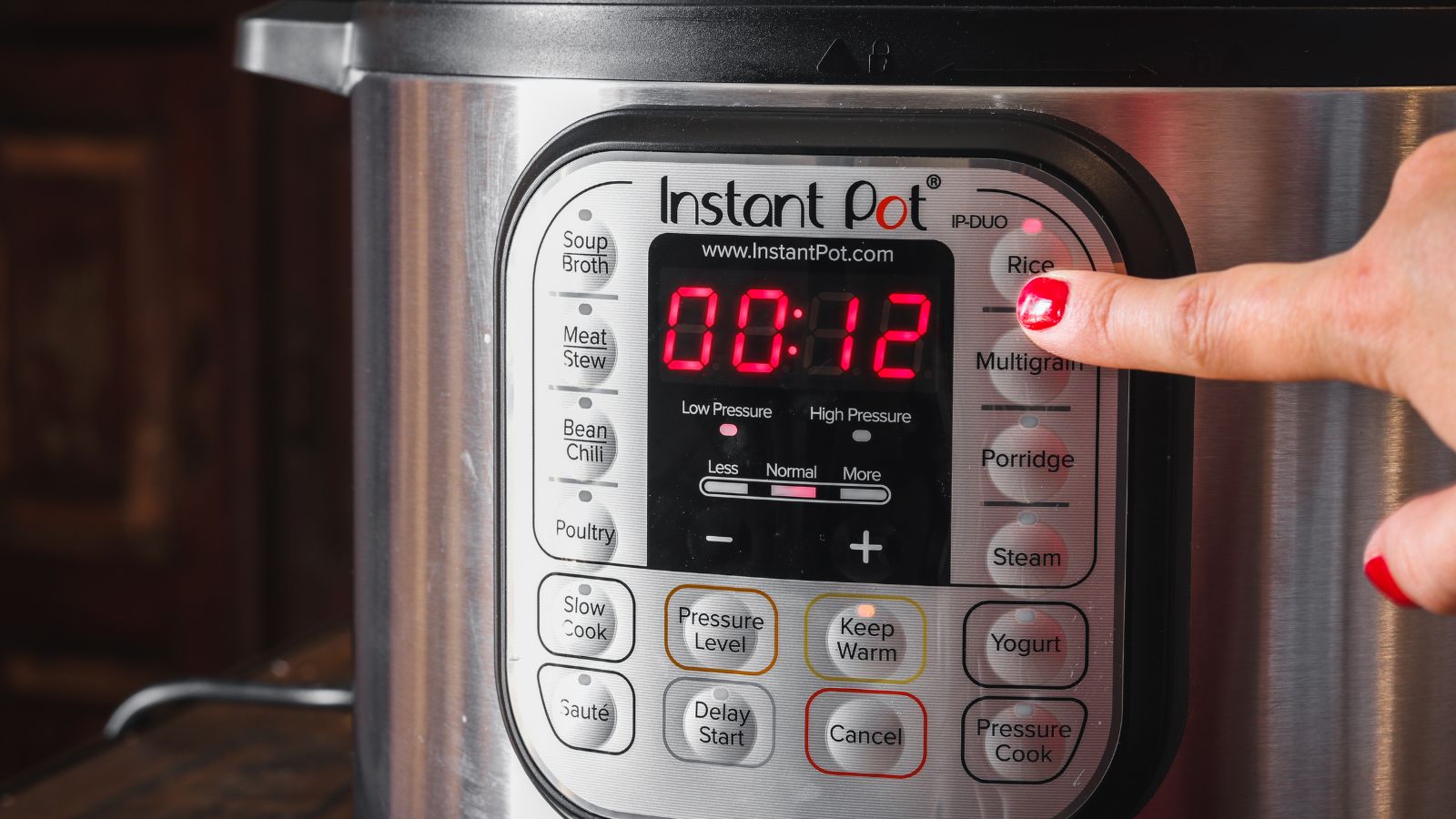
The Instant Pot, now a global kitchen sensation, was invented by Canadian engineer Robert Wang in Ottawa. The multifunctional pressure cooker revolutionized home cooking by offering a faster, safer, and more versatile alternative to traditional stovetop methods. Designed to replace multiple appliances, the Instant Pot combines pressure cooking, slow cooking, rice cooking, steaming, sautéing, and even yogurt making. Its rise began in 2010 and quickly spread through word of mouth and online communities. Today, it’s a staple in North American kitchens, praised for saving time and energy. Though owned by an American company now, its Canadian roots are often overlooked by the public.
Canada Goose Parkas
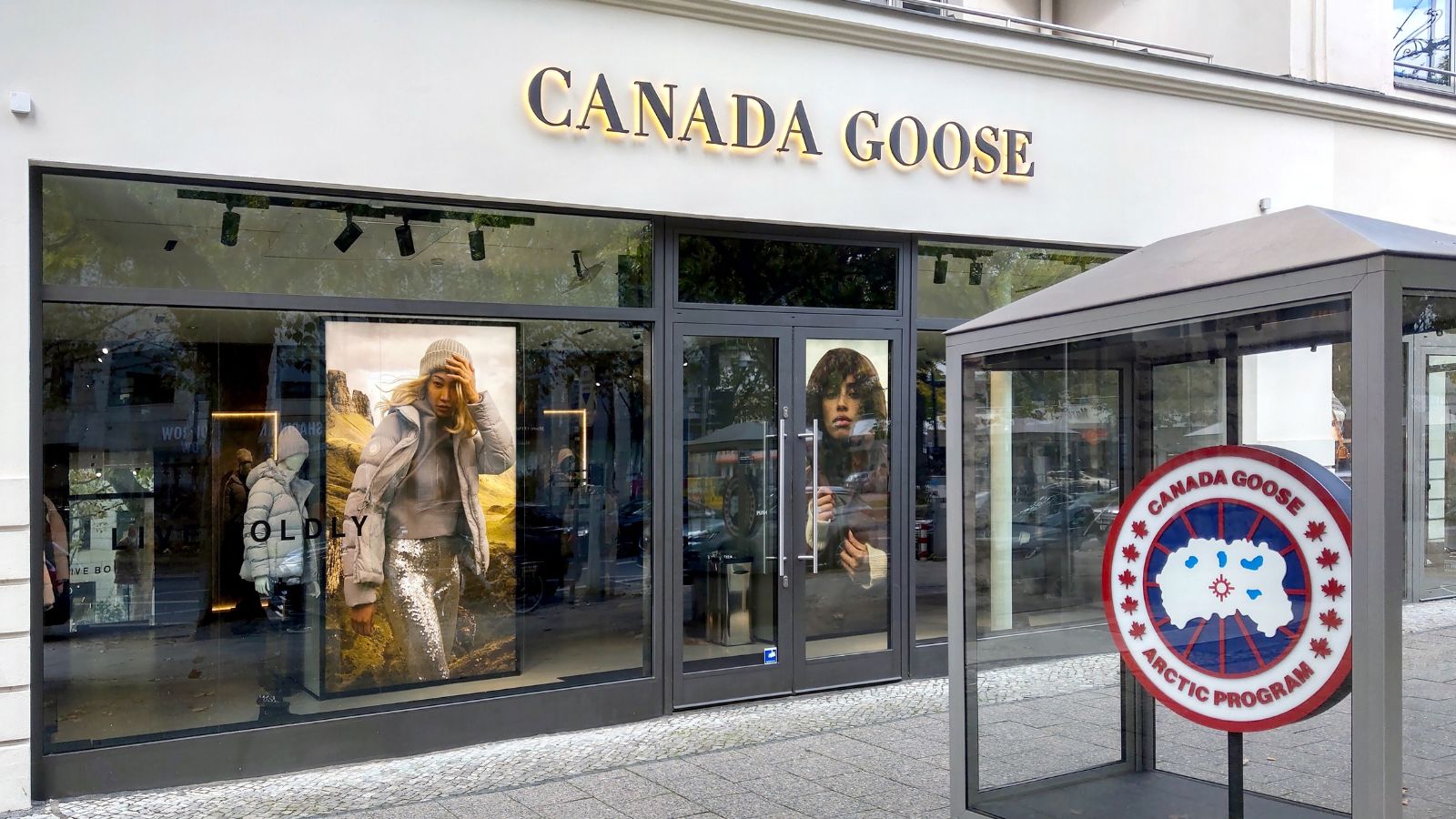
Canada Goose jackets are iconic in extreme-weather fashion, often mistaken for European luxury outerwear. Founded in 1957 in Toronto, the brand began as a small manufacturer of functional cold-weather gear for police and military forces. The jackets’ popularity exploded due to their durability, warmth, and authentic down insulation, which has been tested in the harshest climates, including Arctic expeditions. While the price tag reflects a luxury status, many argue the quality justifies the cost. Its commitment to ethical sourcing and Canadian manufacturing has helped retain authenticity, despite international expansion.
Roots Apparel
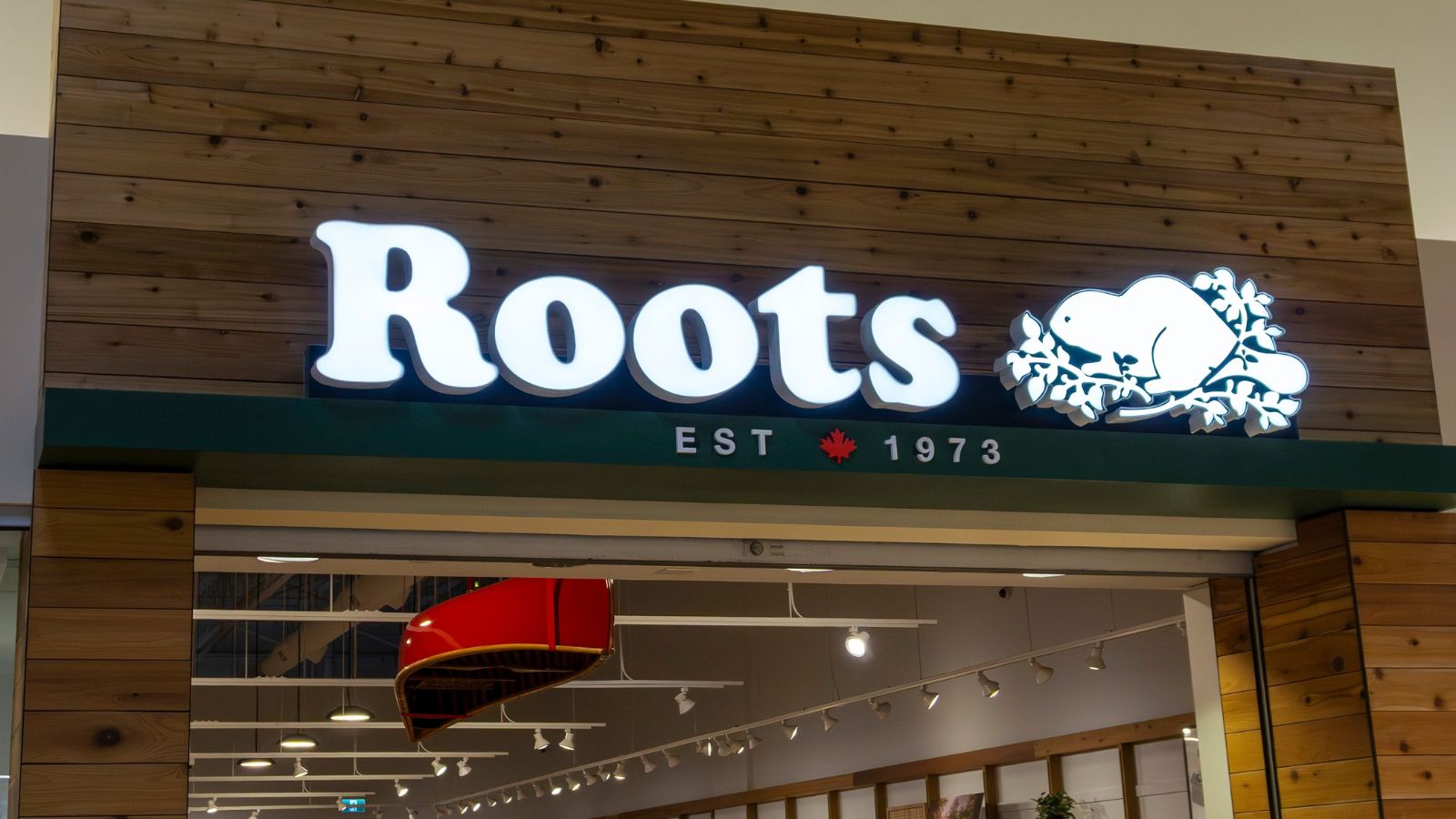
Roots is more than just sweatpants and beaver logos. Founded in Toronto in 1973, it combines casual comfort with quality craftsmanship, often using sustainable and premium materials. Roots’ signature salt-and-pepper fleece and leather goods are manufactured at its Toronto leather factory and remain staples for Canadians abroad. The company emphasizes heritage and comfort over fast fashion trends, which has contributed to its loyal fan base. Although it occasionally flies under the radar internationally, Roots’ commitment to ethical manufacturing and use of homegrown materials gives it an edge over many fast-fashion giants.
Lululemon Athletica

Now a globally recognized athleisure powerhouse, Lululemon started in Vancouver in 1998 as a yoga wear brand. It quickly disrupted the sportswear market with its innovative fabrics like Luon and Silverescent, tailored fits, and a focus on community-driven retail. Lululemon wasn’t just selling leggings; it was selling a lifestyle. With stores now across the globe, many consumers assume it’s an American brand. However, its West Coast roots and design philosophy remain deeply Canadian. Beyond yoga pants, Lululemon has also expanded into menswear, shoes, and performance gear, often praised for high durability and technical innovation.
Cirque du Soleil

Although not a tangible product in the traditional sense, Cirque du Soleil deserves recognition for redefining the art of live performance. Originating in Quebec in 1984, this entertainment company brought a unique blend of acrobatics, storytelling, and music to the global stage. It turned the circus into an immersive, high-art experience, ditching animals in favour of human excellence. Its productions have toured on every continent, redefining Las Vegas entertainment and influencing Broadway-level performances. And, despite its global reach and sometimes French-sounding name, Cirque is a homegrown Canadian innovation that has shown the world how spectacle can be poetic.
Napoleon Grills
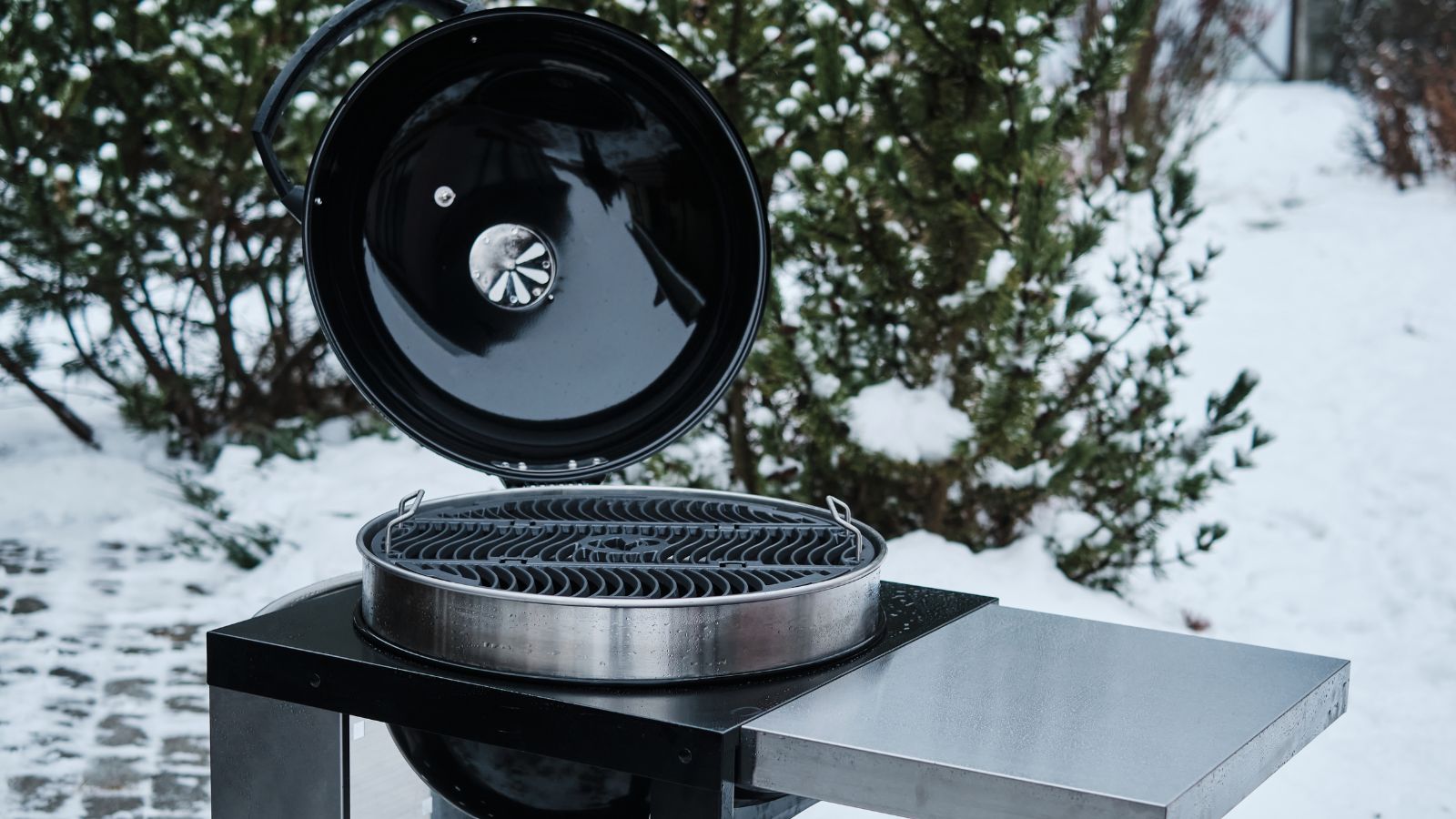
Napoleon is Canada’s largest privately-owned manufacturer of fireplaces, grills, and HVAC products. Headquartered in Barrie, Ontario, it’s a household name among grill enthusiasts for its precision, durability, and high-end features. Napoleon barbecues are often rated higher than Weber, offering innovations like infrared burners and integrated rotisseries. Their commitment to manufacturing in North America and rigorous product testing gives them an edge in quality and reliability. Despite a strong performance in the U.S. and Europe, many people are unaware that the brand is Canadian.
Club House Spices
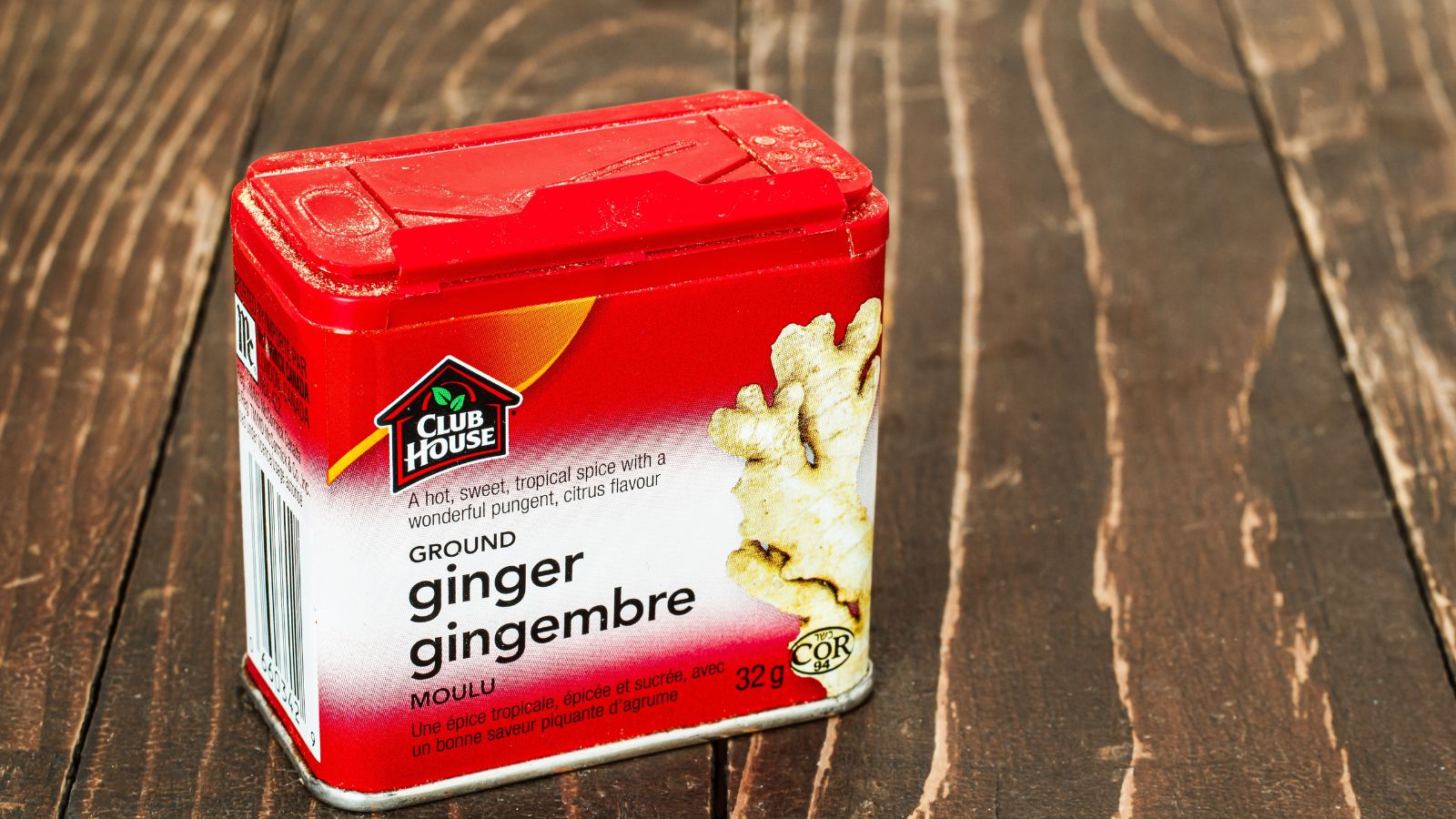
If you’ve ever used prepackaged spices in Canada, chances are it was from Club House. Founded in London, Ontario, in 1883, Club House is now owned by McCormick but still operates out of Canada and remains the most trusted spice brand in Canadian kitchens. Its blends, from taco seasoning to gravy mixes, are staples in households and restaurants. While McCormick has global dominance, Club House’s distinctly Canadian legacy and flavours continue to influence pantry staples across the country. Many consumers are surprised to learn of its Canadian heritage, mistakenly believing it to be an American import.
Smarties (Nestlé Canada)

While Smarties are available globally, the Canadian version differs from its American namesake. In Canada, Smarties are colourful candy-coated chocolate pieces, similar to M&Ms but with a thinner shell and smoother chocolate. Manufactured by Nestlé Canada, they’ve been a staple since the 1930s. Canadians often find the American version of Smarties (which are tart and chalky) baffling by comparison. Despite being part of a multinational, the uniquely Canadian Smarties are still produced domestically and reflect Canada’s sweet tooth and brand preferences.
5-Pin Bowling

Canada is the birthplace of 5-pin bowling, invented in 1909 by Thomas Ryan in Toronto. The game was created as a response to customer complaints that 10-pin was too heavy and slow. With smaller balls and only five pins arranged in a V, the game is faster-paced and uniquely Canadian. It’s still widely played across Canada, especially in small-town alleys and recreational leagues. Although not an exportable product in a commercial sense, the 5-pin remains a distinctly Canadian contribution to leisure culture.
Stanfields Underwear
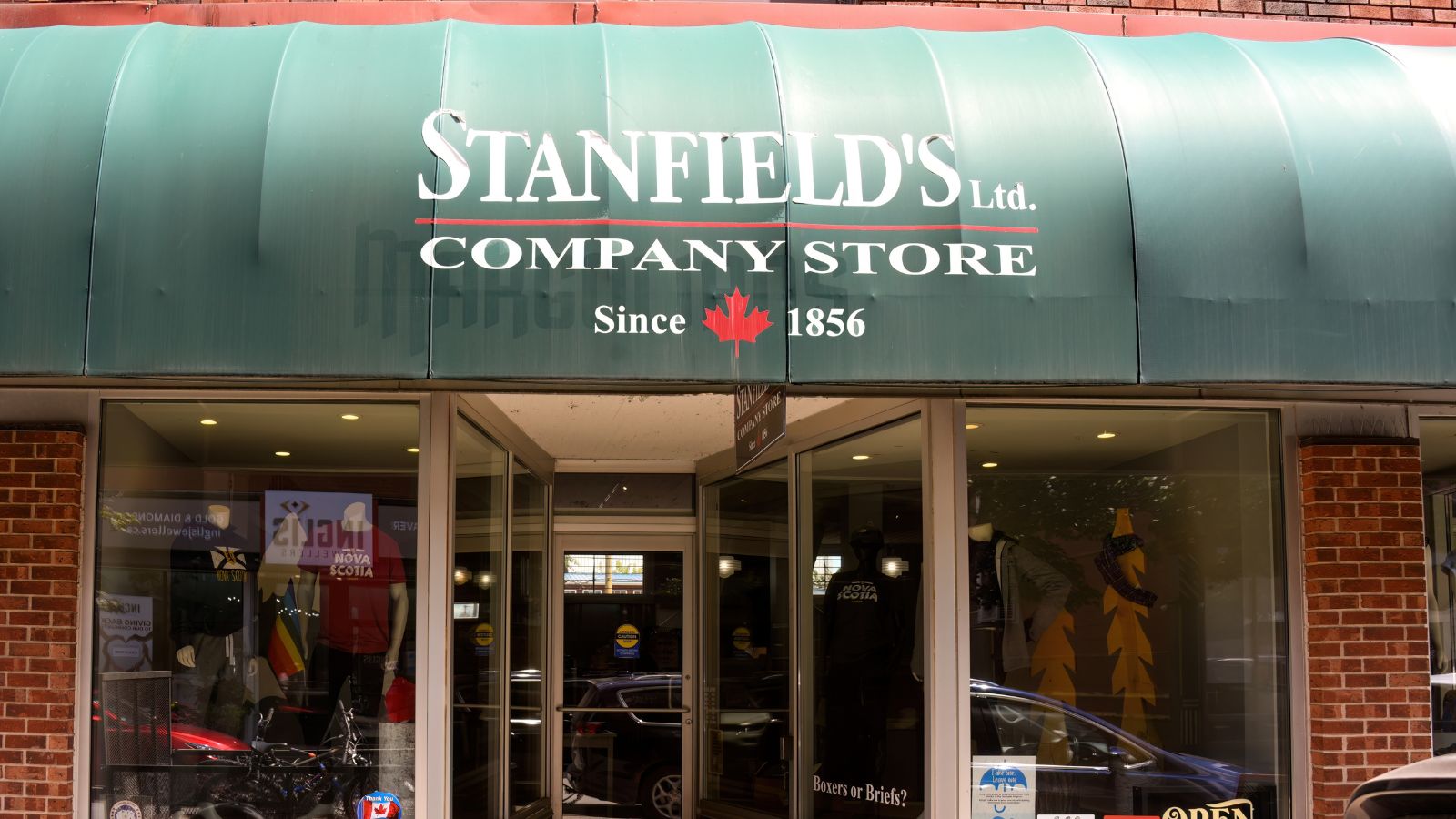
Stanfields, based in Truro, Nova Scotia, has been producing high-quality undergarments since the 1850s. Known for their wool long johns and rugged basics, Stanfields became synonymous with durable Canadian comfort wear, especially in colder provinces. The brand has survived for over a century thanks to consistent quality, ethical production, and a strong connection to its roots. It still manufactures in Nova Scotia, a rarity in today’s apparel market. The understated legacy of Stanfields is one of reliability over trendiness, and many lifelong wearers swear by its unmatched comfort and longevity.
Lee Valley Tools
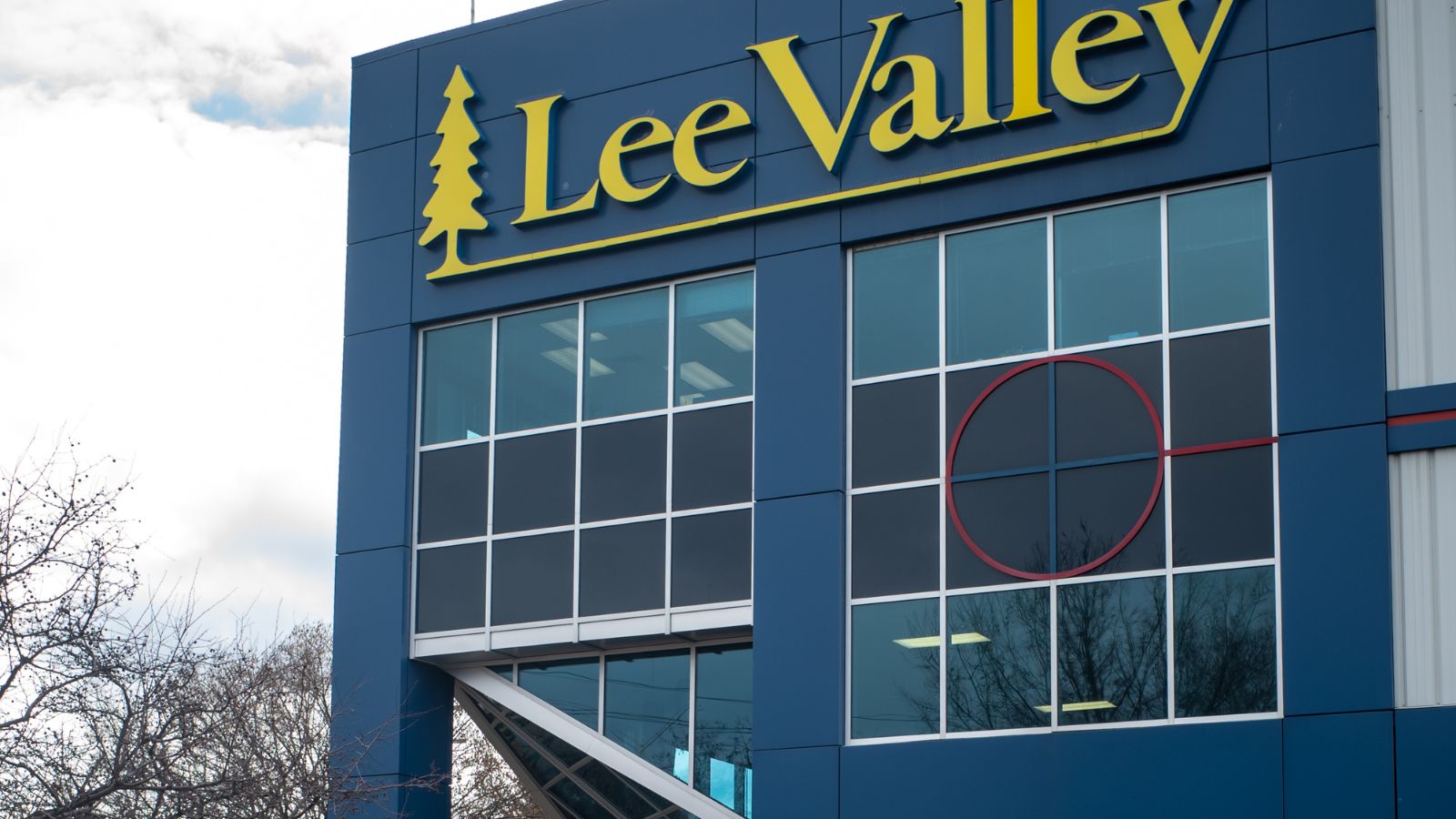
Lee Valley Tools, headquartered in Ottawa, is a favourite among woodworkers, gardeners, and hand tool aficionados. Founded in 1978, the company has built a reputation for meticulous craftsmanship, innovative design, and knowledgeable customer service. Many of its Veritas-brand tools are designed and manufactured in Canada and have cult-like followings internationally for their precision and durability. While not flashy, Lee Valley focuses on performance and function, often improving on centuries-old designs. It’s a Canadian success story in the niche world of specialty tools.
Paderno Cookware
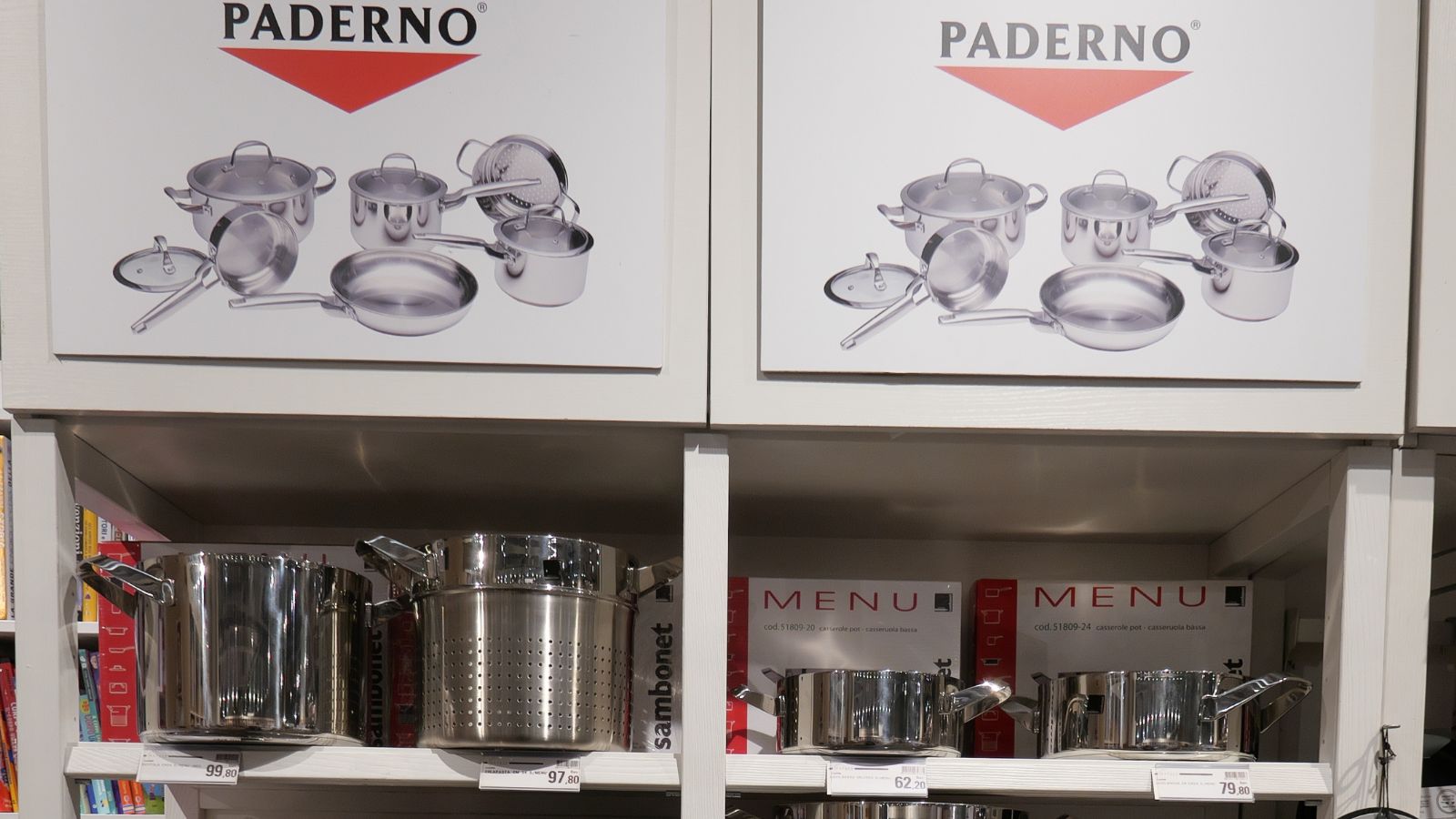
Paderno began in Prince Edward Island in 1979 and has been synonymous with professional-grade cookware ever since. Although now owned by Canadian Tire, the brand remains closely associated with Canadian kitchens and chefs. Paderno offers high-performance pots, pans, and utensils that strike a balance between durability and value. Its stainless-steel cookware is especially respected for even heat distribution and long-lasting construction. Paderno’s early commitment to Canadian manufacturing and innovation earned it a loyal following, especially before mass-market brands caught on.
Viking Firewood Processors
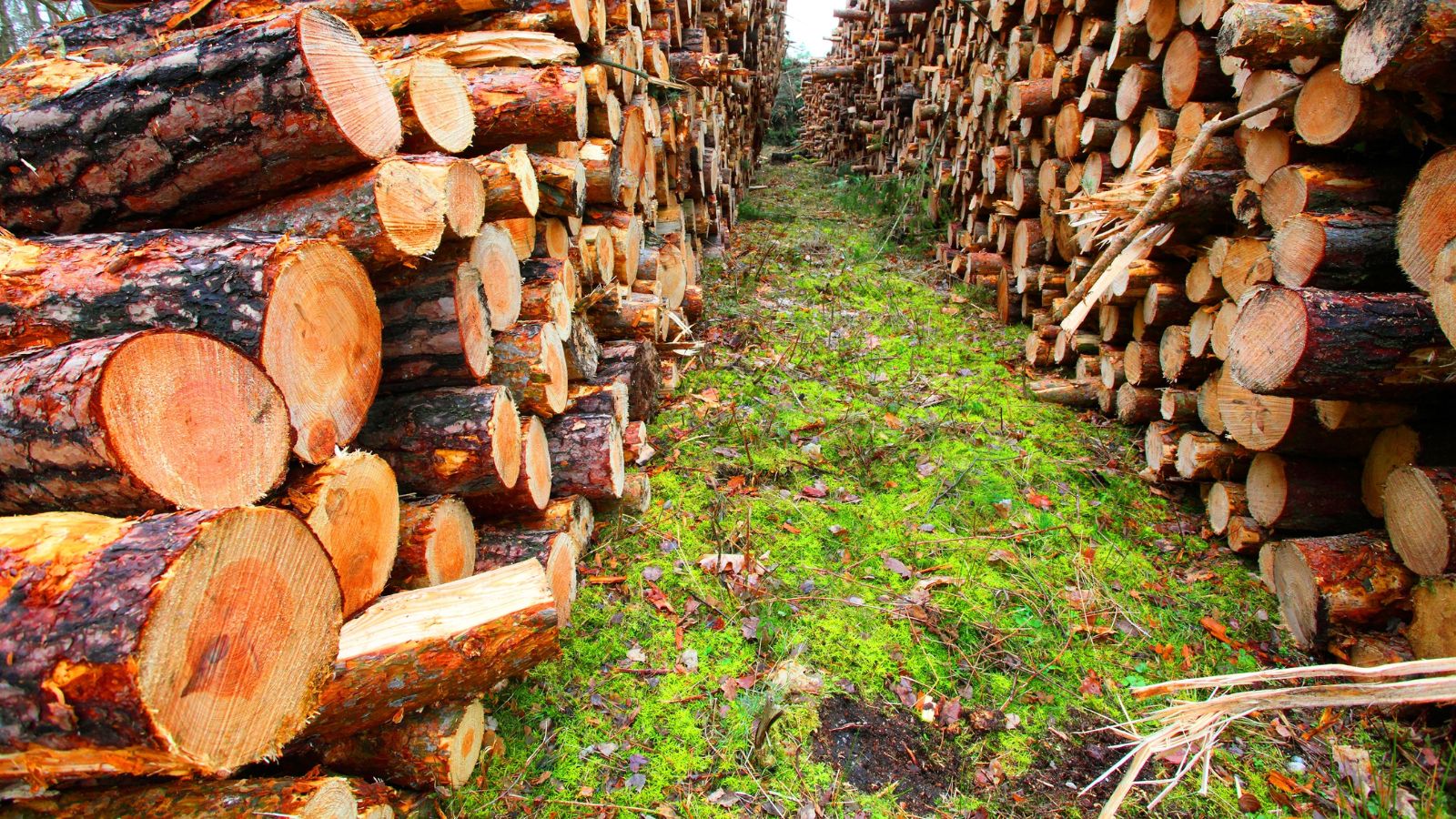
Based in Nackawic, New Brunswick, Viking makes heavy-duty firewood processors used in forestry and by commercial firewood suppliers. These machines split, cut, and convey logs efficiently and are known for their durability and power. Viking’s equipment is built to withstand Canadian winters and rough terrain, often outperforming imported machines in terms of reliability. Although it’s a niche market, Viking has established itself as a leader among professionals in the logging and rural energy sectors. Its impact might not be visible in urban centers, but in the world of timber, Viking is a quiet Canadian force.
Dempster’s Bread
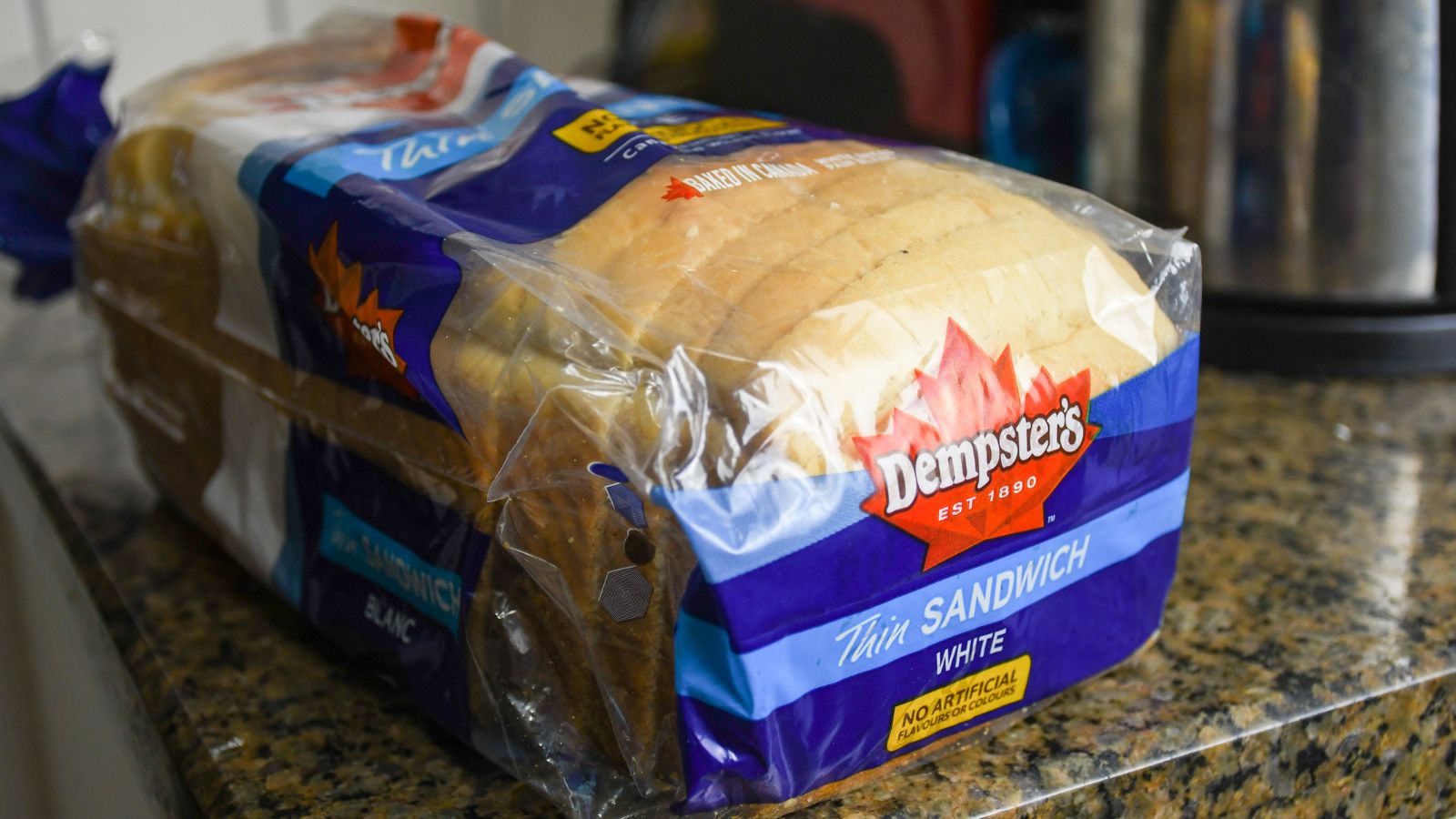
Founded in 1890 in Toronto, Dempster’s is one of Canada’s most recognized bread brands. With national distribution and a reputation for freshness, it’s a staple in Canadian households. Known for its whole-grain and gluten-free options, Dempster’s has adapted to evolving dietary needs while maintaining consistent quality. Owned by Canada Bread Company and ultimately Grupo Bimbo, Dempster’s still bakes locally and maintains deep Canadian ties. The brand’s widespread presence and taste reliability make it more than just a grocery store staple; it’s a quiet part of Canadian culinary identity.
Joni Feminine Care
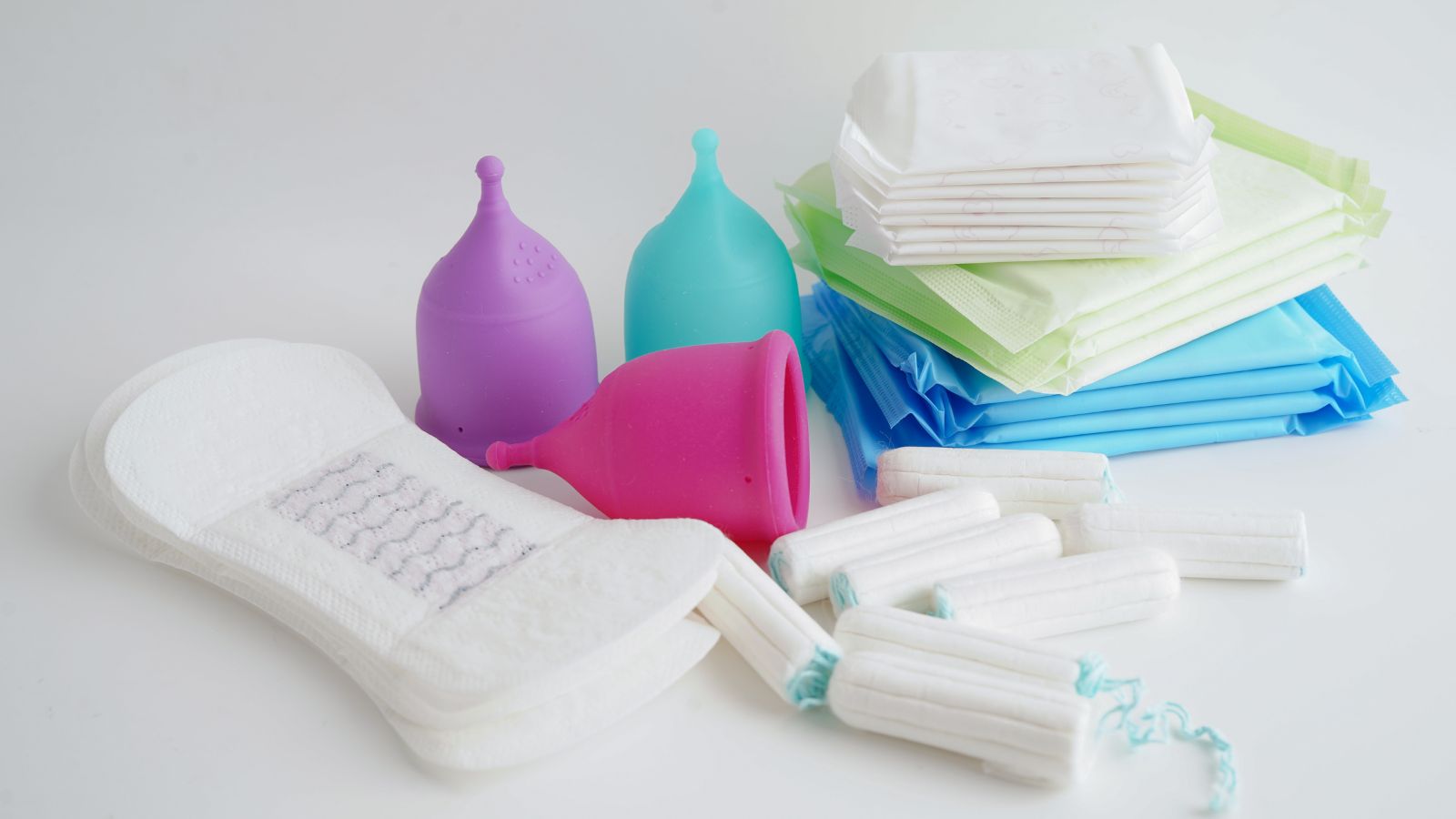
Joni is a Vancouver-based company producing sustainable and accessible menstrual care products. With biodegradable pads and tampons and a strong commitment to period equity, Joni aims to make high-quality care products available while supporting underserved communities. Its direct-to-consumer model and subscription options have made it popular among younger consumers seeking transparency and ethical production. Unlike major global brands, Joni emphasizes local impact and eco-consciousness.
Green Beaver Personal Care
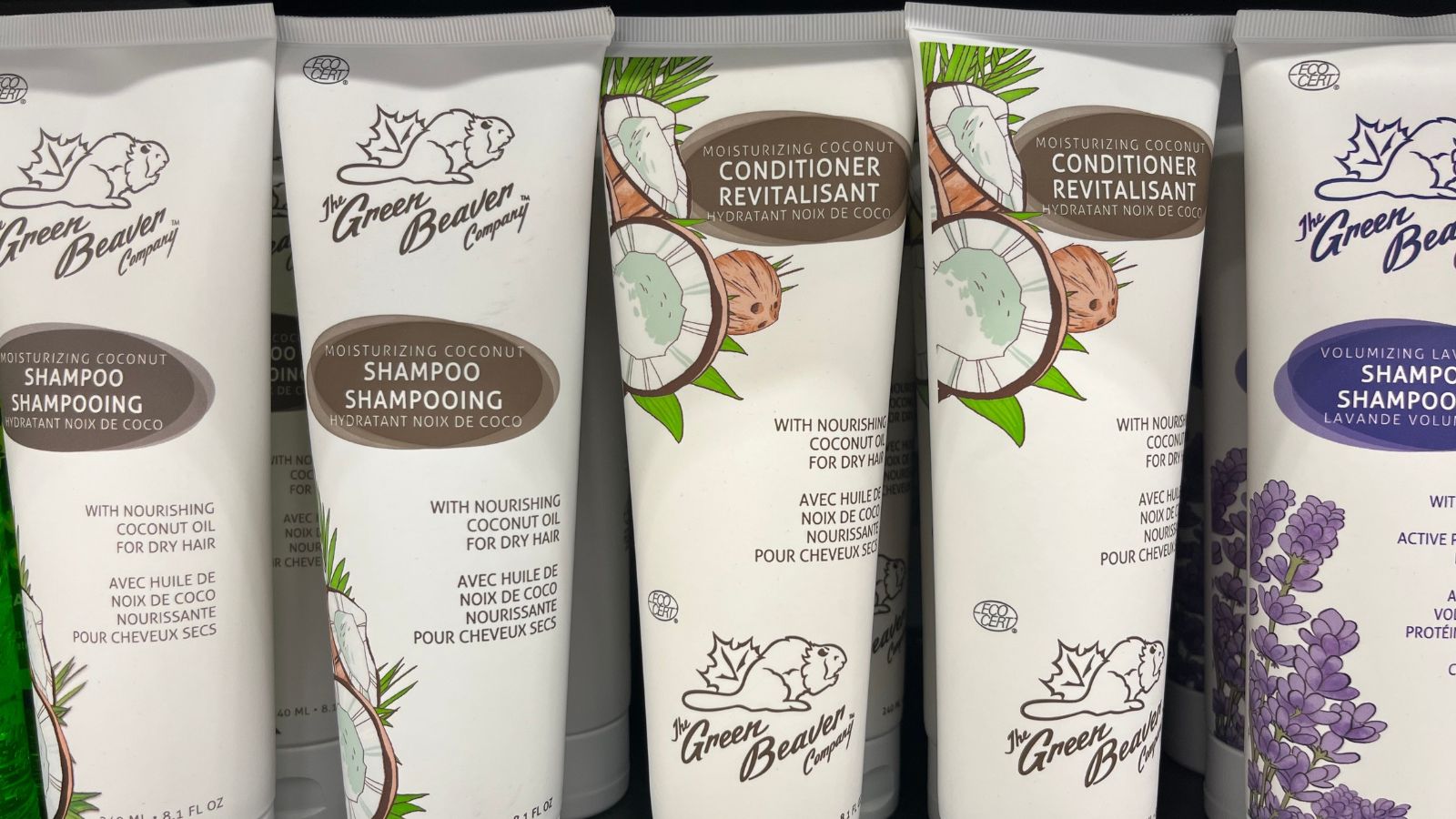
Founded in Ontario, Green Beaver creates eco-friendly personal care products, including toothpaste, deodorant, and shampoo. All items are free from synthetic chemicals, using organic Canadian-grown ingredients wherever possible. With a strong emphasis on transparency, environmental sustainability, and cruelty-free practices, Green Beaver has earned loyal customers in both Canada and abroad. It remains independently owned and continues to manufacture domestically. While other natural brands have become mainstream via multinational acquisition, Green Beaver has retained its grassroots integrity and Canadian identity, quietly offering a better choice for conscious consumers.
MacKellar Farms Edamame
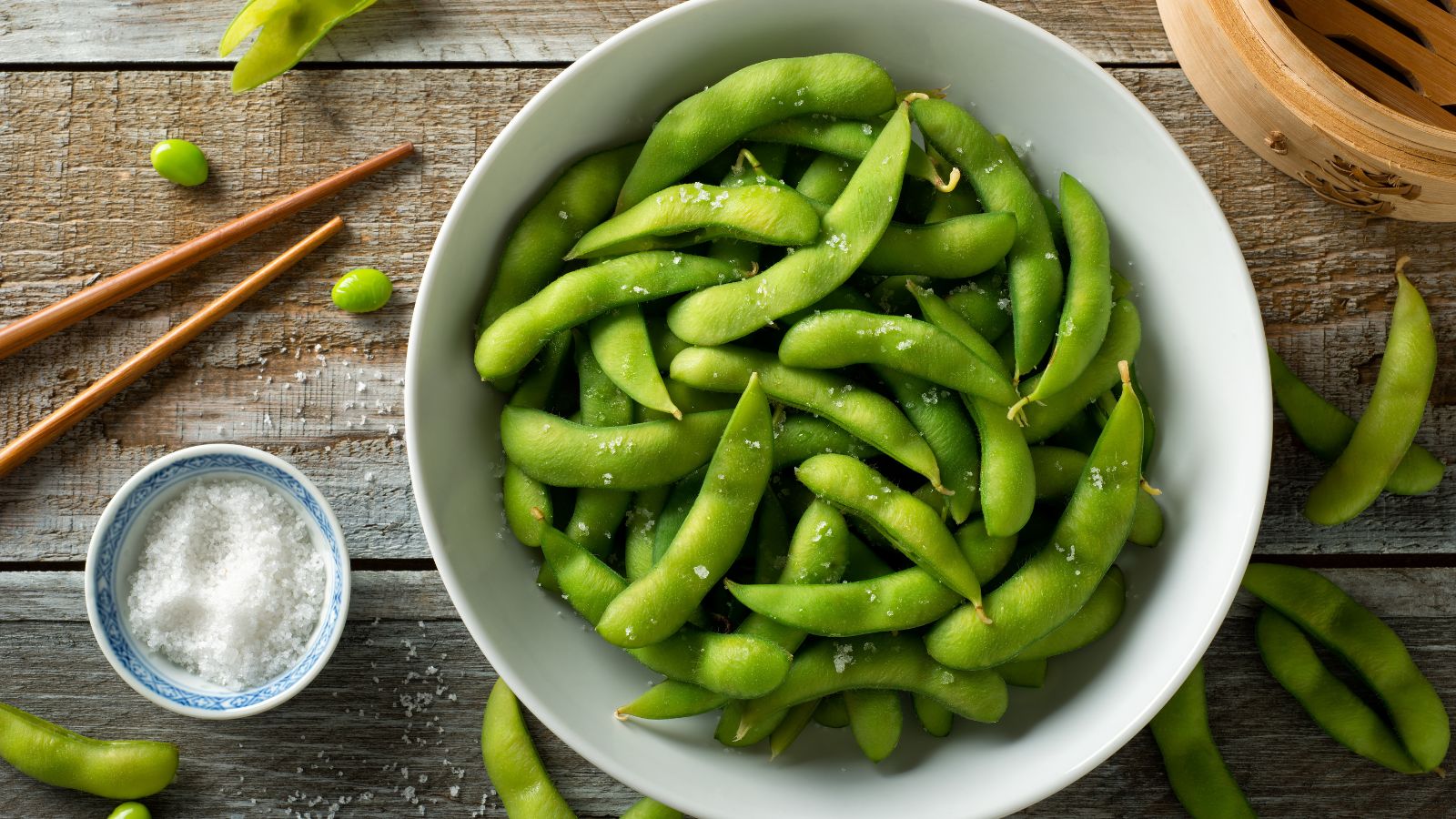
Most people assume edamame is exclusively grown in Asia, but MacKellar Farms in Ontario is proving otherwise. They produce non-GMO, locally grown edamame on Canadian soil, offering a fresher and more sustainable alternative to imported versions. Their products are found in major grocery stores and are popular for their taste and low carbon footprint. And, with the rise of plant-based eating, MacKellar Farms shows how Canadian agriculture can innovate even in unexpected categories. They’ve carved out a niche that merges local farming with global food trends.
Peace by Chocolate
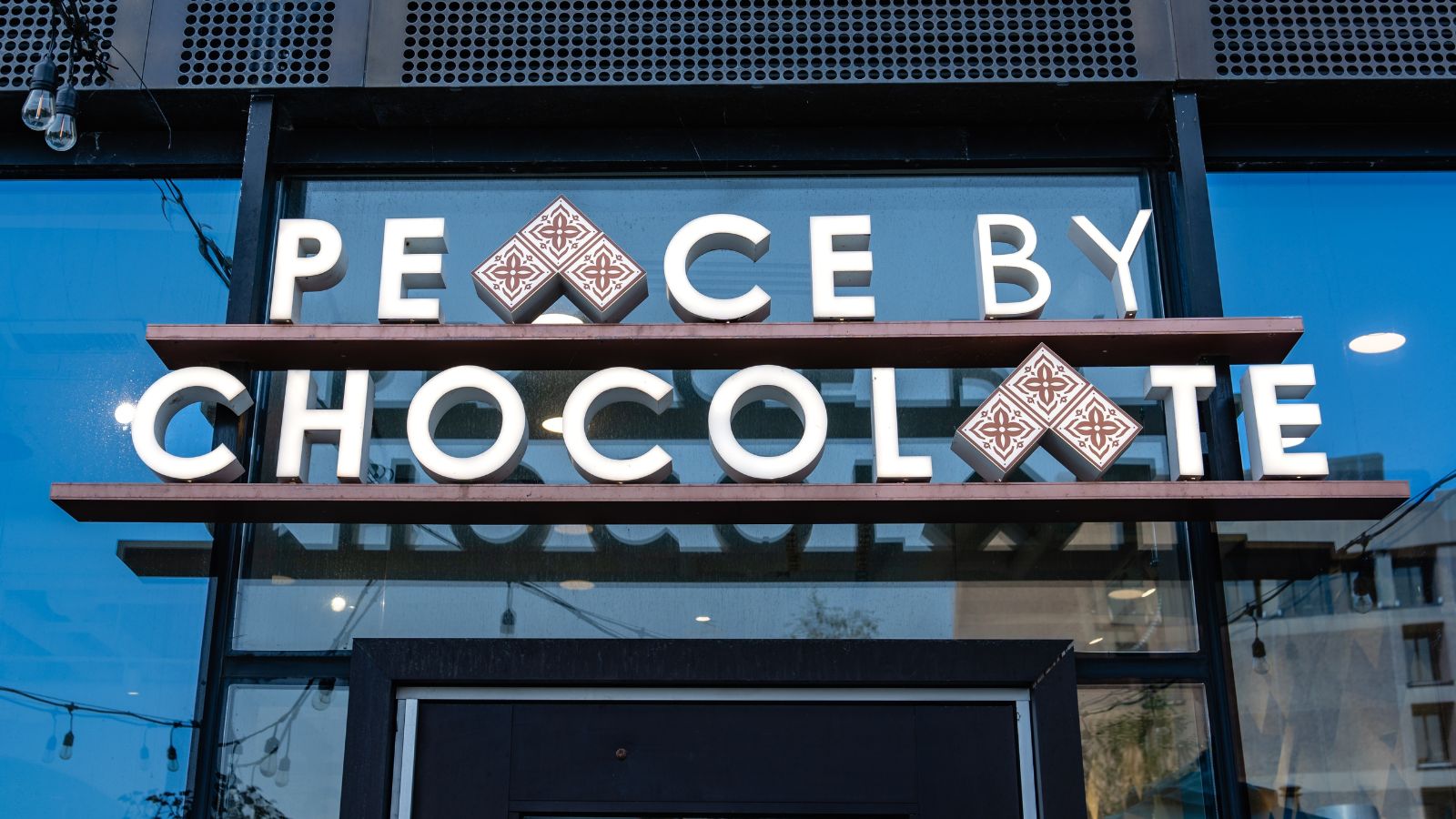
Founded by Syrian refugees in Nova Scotia, Peace by Chocolate has become a symbol of successful integration and entrepreneurial spirit. The company produces artisanal chocolates while also promoting peace and inclusion through social initiatives. Their products are sold across Canada and have garnered national attention for their quality and inspiring backstory. Although relatively new, the brand has already garnered praise from both political leaders and the public.
Kobo E-Readers

While Amazon’s Kindle may dominate headlines, Kobo was born in Toronto and remains a major global competitor in the e-reader market. Now owned by Rakuten of Japan, Kobo continues to operate out of Canada and is preferred by many for its open platform, broader file compatibility, and partnership with independent bookstores. Kobo devices are often praised for their crisp displays, waterproofing, and user-friendly design. The brand also emphasizes reading without the retail baggage of Amazon, aligning with users who value choice and privacy. It remains one of Canada’s most successful tech exports.
21 Products Canadians Should Stockpile Before Tariffs Hit

If trade tensions escalate between Canada and the U.S., everyday essentials can suddenly disappear or skyrocket in price. Products like pantry basics and tech must-haves that depend on are deeply tied to cross-border supply chains and are likely to face various kinds of disruptions
21 Products Canadians Should Stockpile Before Tariffs Hit
